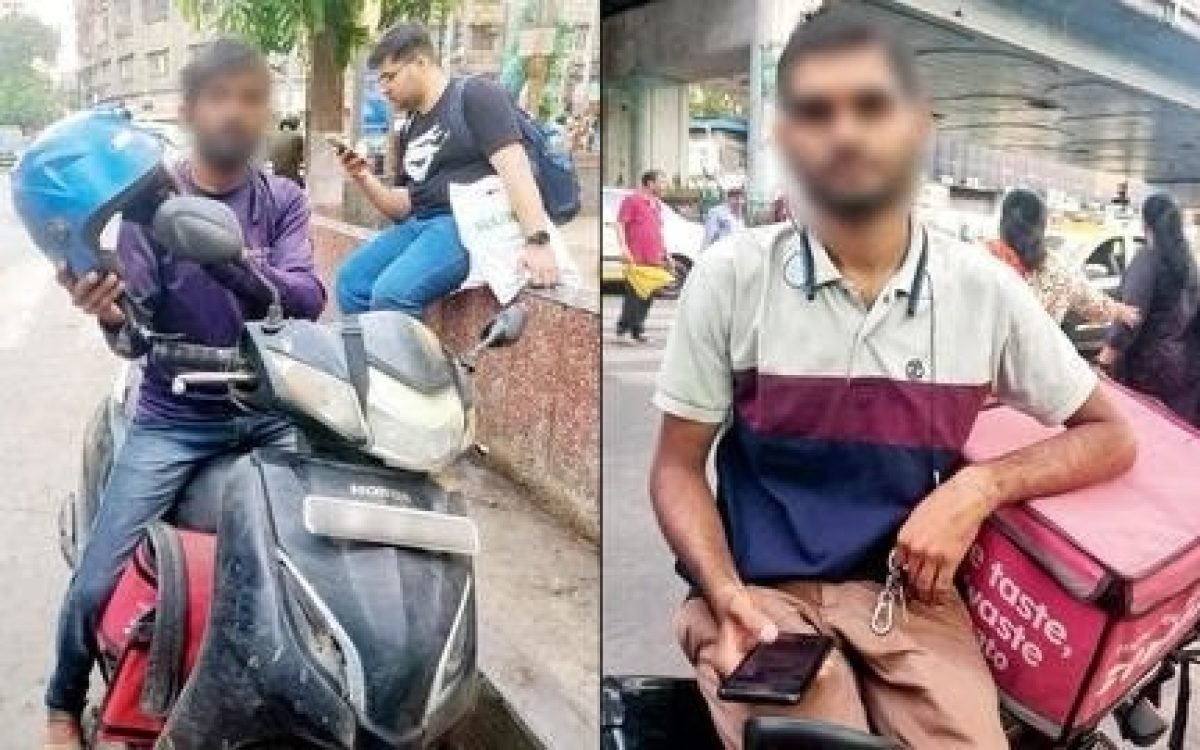In recent news, Zomato, the popular food delivery service, has stirred controversy with its plans to introduce a separate fleet of riders for orders from ‘pure vegetarian’ restaurants. This move, while seemingly accommodating diverse dietary preferences, has raised concerns about its impact on delivery personnel and the underlying societal implications.
Arunkumar Mishra, a delivery service personnel with Zomato, voiced his apprehensions about the proposed change. Despite being a vegetarian himself, Mishra expressed concerns about potential income loss for riders assigned exclusively to vegetarian orders. He highlighted the disparity in demand between vegetarian and non-vegetarian food, indicating that riders catering solely to vegetarian restaurants may face financial challenges.
The decision also raises questions about societal attitudes towards food preferences. Mishra’s journey from discomfort with handling non-vegetarian food to embracing diversity underscores the complexities surrounding dietary choices. However, the proposed segregation of delivery personnel based on food types risks perpetuating divisive narratives around food purity, echoing casteist undertones.
Furthermore, the practical implications of such a segregation are evident in the experiences shared by other delivery personnel like Sarfaraz and Mukesh Kumar. They anticipate significant income reductions, particularly on days with higher demand for non-vegetarian food. This poses economic challenges for individuals reliant on delivery incomes to sustain themselves and their families.
On the other hand, some residents, like Kajal Kapoor, view the move positively, citing the importance of accommodating individual food preferences. However, Dr. Sylvia Karpagam, a public health activist, criticizes the underlying ideology behind the decision, cautioning against perpetuating caste and class privileges through food segregation.
Zomato’s previous attempt to introduce separate uniforms based on food types faced backlash and was eventually retracted due to concerns for both delivery personnel and consumers. Dr. Karpagam highlights the inherent risks associated with such segregation, emphasizing the need to prioritize the safety and well-being of all stakeholders.
In conclusion, Zomato’s decision to implement a separate fleet for vegetarian restaurants raises pertinent questions about inclusivity, economic equity, and societal attitudes towards food. While accommodating diverse preferences is important, it must be done without perpetuating discriminatory narratives or compromising the livelihoods of delivery personnel. As discussions continue, it remains crucial to prioritize principles of equality and social justice in shaping food delivery policies.









